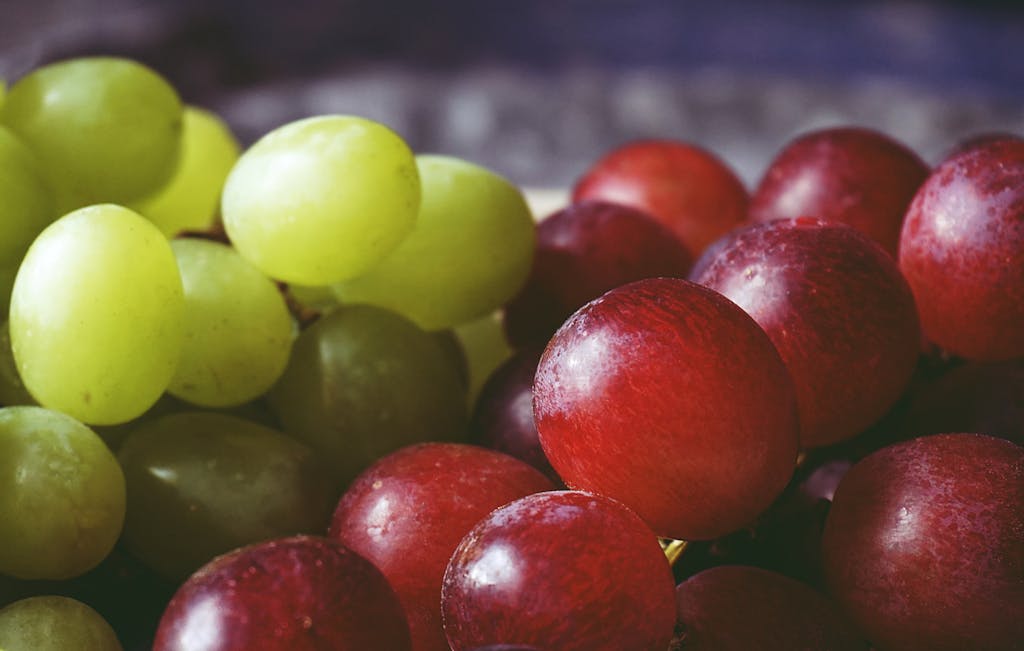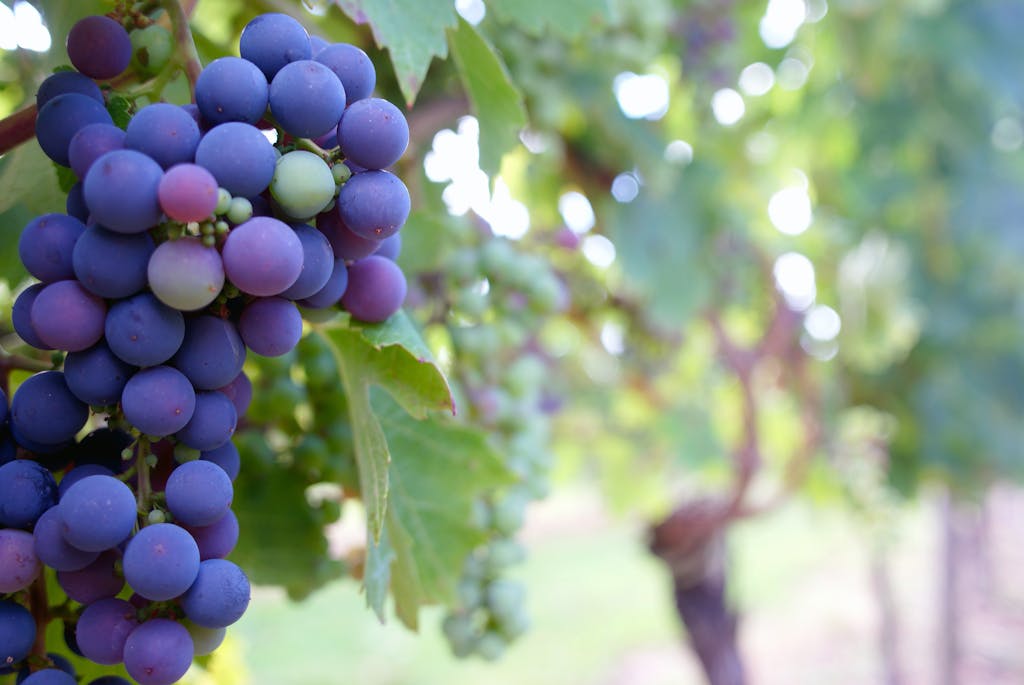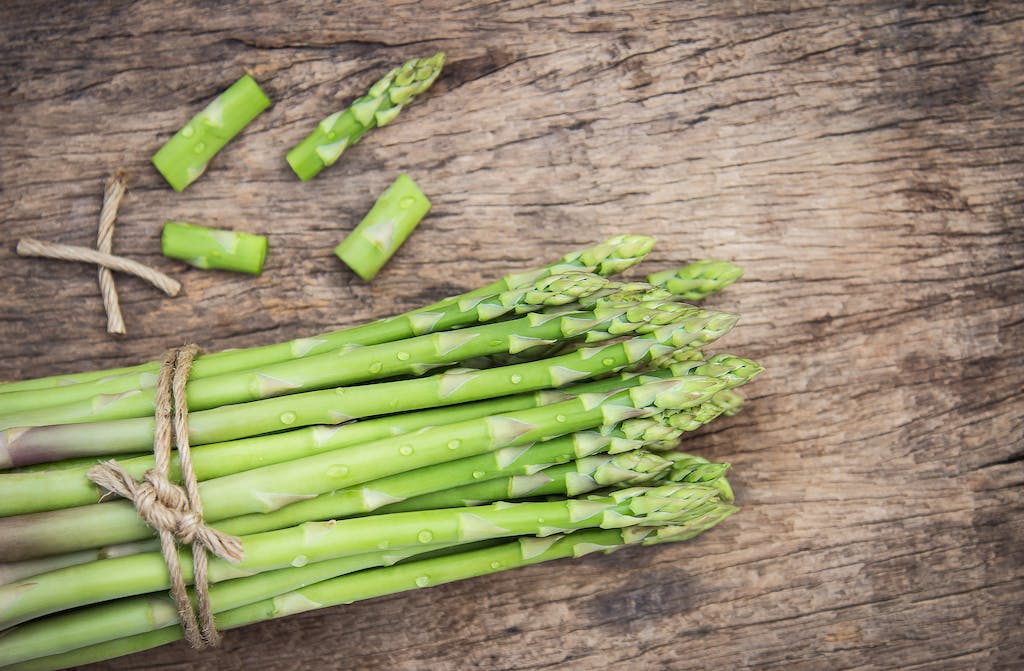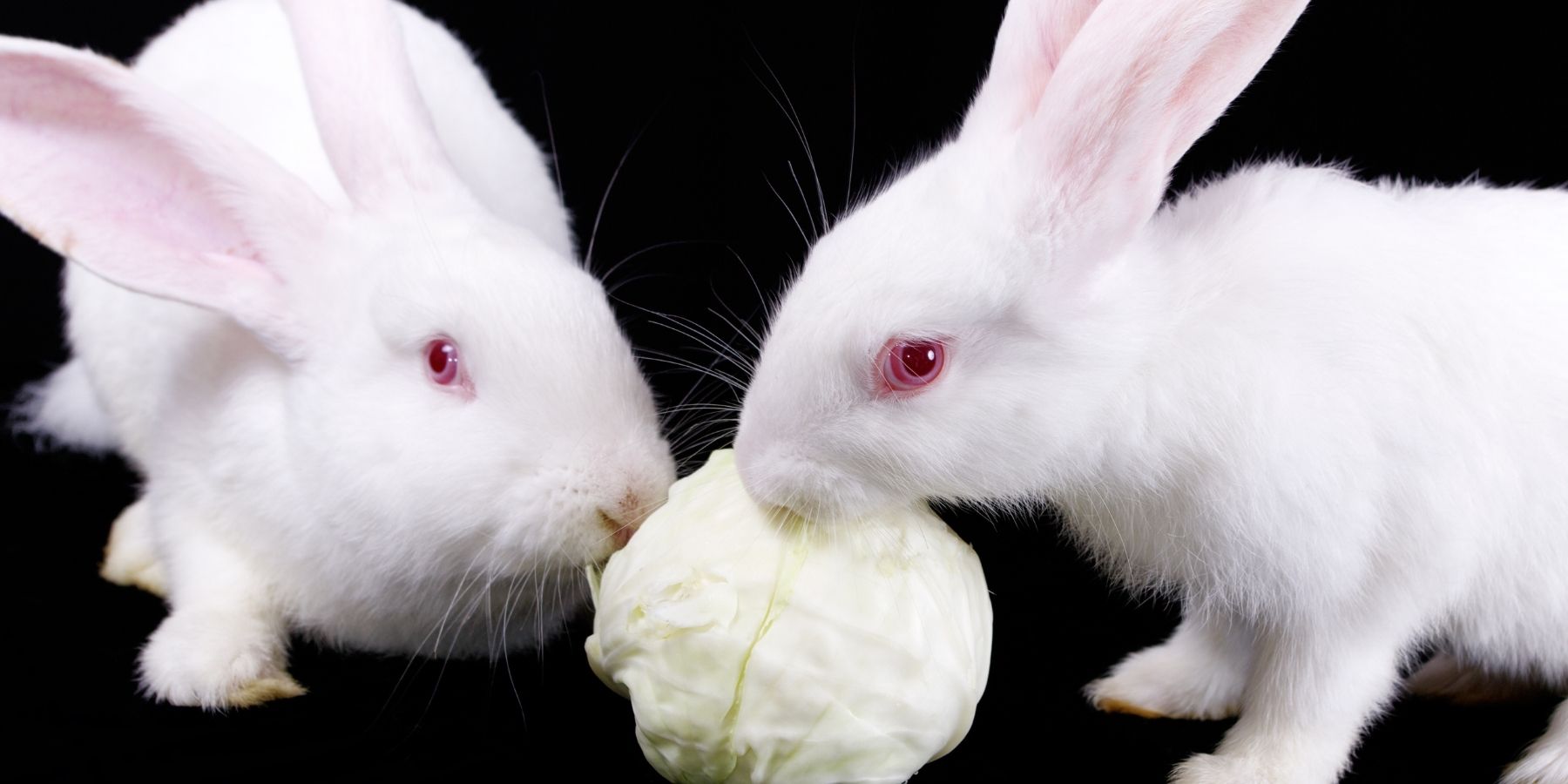Can Rabbits Eat Grapes?
Are you a rabbit owner and wondering if your rabbit can enjoy some juicy grapes? While rabbits are known for their love of carrots, lettuce, and hay, it’s important to know what other fruits and vegetables are safe for them to consume. We’ll answer the question, “Can rabbits eat grapes?” and provide you with all the information you need to know to keep your bunny healthy and happy.
Grapes are a popular fruit that many of us enjoy as a snack or in salads, but are they safe for rabbits to eat? The short answer is yes, rabbits can eat grapes in moderation. However, there are some things to keep in mind before feeding your bunny this fruit. In the following paragraphs, we’ll delve deeper into the topic of rabbits and grapes, discussing the benefits and potential risks of feeding your pet rabbit this fruit.

Nutritional Profile of Grapes
Grapes are a popular fruit that can be enjoyed fresh or used in a variety of recipes. They are also a great source of nutrition, providing a range of vitamins, minerals, and antioxidants.
Sugar and Fiber Content
Grapes are a good source of natural sugar, with about 23 grams of sugar per cup of grapes. However, they also contain fiber, which helps slow down the absorption of sugar into your bloodstream. One cup of grapes contains about 1 gram of fiber.
Vitamins and Minerals
Grapes are rich in vitamins and minerals, including vitamin C, vitamin K, and potassium. One cup of grapes contains about 27% of the recommended daily intake of vitamin C and 5% of the recommended daily intake of potassium.
Antioxidants
Grapes are also a rich source of antioxidants, which help protect your cells from damage caused by free radicals. The antioxidants in grapes are primarily found in the skin and seeds, so it’s important to eat the whole grape to get the full benefit.
Hydration
Grapes are also a great way to stay hydrated, as they are made up of about 80% water. Eating grapes can help keep you hydrated and feeling refreshed throughout the day.
Grapes are a nutritious and delicious fruit that can be a great addition to a healthy diet. However, it’s important to enjoy them in moderation, as they are also high in natural sugar.
Health Benefits and Risks
Safe Consumption
Grapes are safe for rabbits to consume in small quantities. They are a good source of vitamins and minerals, including vitamin C, vitamin K, and potassium. Note that grapes should be given to rabbits as an occasional treat, rather than a regular part of their diet.
Potential Hazards
While grapes can provide health benefits to rabbits, there are also potential hazards to be aware of. Grapes can be a choking hazard if they are not cut into small pieces before being given to your rabbit. Grapes contain sugar, which can contribute to obesity and diabetes if your rabbit consumes too many.
In rare cases, grape poisoning can occur in rabbits. This can cause digestive issues, such as diarrhea and vomiting, as well as other side effects. If you suspect that your rabbit has consumed too many grapes or is exhibiting any unusual symptoms, seek veterinary care immediately.
While grapes can be a healthy treat for rabbits when given in moderation, be aware of the potential risks and to always monitor your rabbit’s consumption.
Feeding Guidelines
If you’re considering adding grapes to your rabbit’s diet, it’s important to follow some feeding guidelines to ensure your pet stays healthy and happy. Here are a few things to keep in mind:
Introducing Grapes to a Rabbit’s Diet
Before introducing grapes to your rabbit’s diet, it’s important to note that rabbits are strict herbivores and their diet should consist mainly of hay, fresh vegetables, and a limited amount of fruit. When introducing new foods to your rabbit, it’s recommended to do so gradually to avoid any digestive issues.
Start by offering a small piece of grape and monitor your rabbit’s reaction. If your rabbit shows signs of bloating or diarrhea, it’s best to avoid feeding grapes altogether. If your rabbit tolerates the grape well, you can gradually increase the amount offered.
Moderation and Frequency
While grapes can be a tasty treat for your rabbit, it’s important to keep in mind that they should only be given in moderation. Grapes are high in sugar and too much can lead to weight gain and other health issues.
As a general rule, it’s recommended to limit the amount of grapes your rabbit eats to one or two small pieces per week. It’s also important to consider your rabbit’s overall diet and adjust the amount of fruit offered accordingly.
Remember that grapes should only be given as an occasional treat and should not make up a significant portion of your rabbit’s diet.
While rabbits can eat grapes, it’s important to do so in moderation and to consider your rabbit’s overall diet and health. By following these feeding guidelines, you can ensure that your rabbit stays healthy and happy.

Rabbit-Specific Dietary Concerns
When it comes to feeding your rabbit, be aware of their specific dietary needs and concerns. This includes considerations for young rabbits and the types of foods they can safely consume.
Young Rabbits and Grapes
Baby rabbits have delicate digestive systems that are still developing, which means that certain foods may not be appropriate for them. Grapes, for example, should be avoided for young rabbits as they contain high levels of sugar and can cause digestive upset.
Provide young rabbits with a balanced diet that includes pellets, hay, and fresh vegetables. Pellets should make up the bulk of their diet, while hay helps to keep their digestive system healthy and provides essential nutrients. Fresh vegetables, such as leafy greens, can be given in small amounts as a supplement to their pellet and hay diet.
Alternative Foods
If you are looking for an alternative to grapes or other fruits for your rabbit, there are plenty of options available. Some fruits that are safe for rabbits to eat include apples, bananas, and berries. Remember that fruits should only be given in small amounts as they are high in sugar.
In addition to fruits, there are also plenty of vegetables that rabbits can enjoy. Some good options include carrots, bell peppers, and broccoli. Introduce new foods slowly and in small amounts to avoid digestive upset.
Provide your rabbit with a balanced and varied diet that meets their specific dietary needs. By following these guidelines and avoiding foods that may be harmful to your rabbit’s health, you can help to ensure that they live a long and healthy life.



![Signs You Have a Happy Rabbit: What Every Bunny Parent Should Know [2025 Guide] Questions To Ask A Rabbit Breeder](https://rabbitcarebasics.com/wp-content/uploads/2022/03/Questions-To-Ask-Rabbit-Breeders.jpeg)



